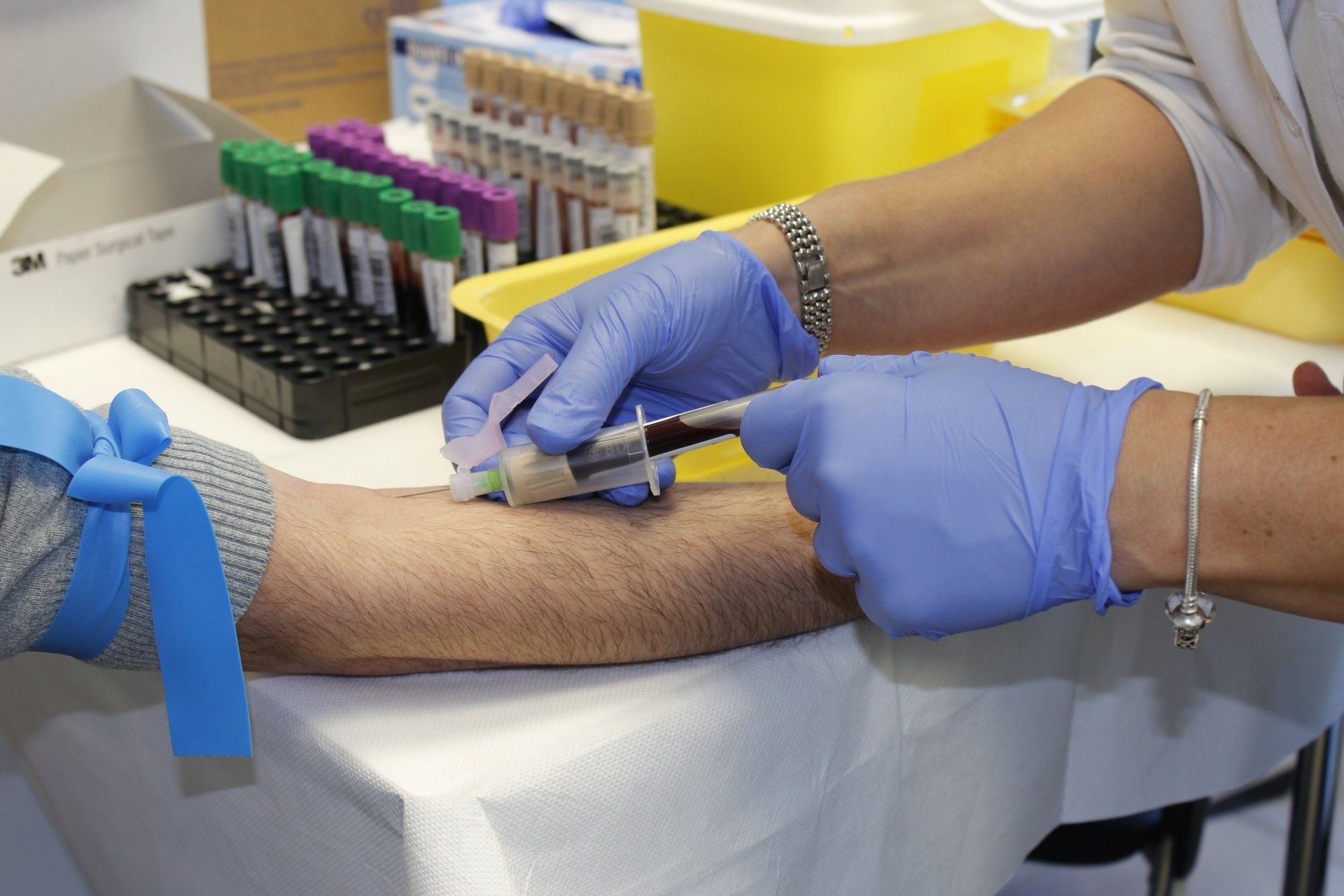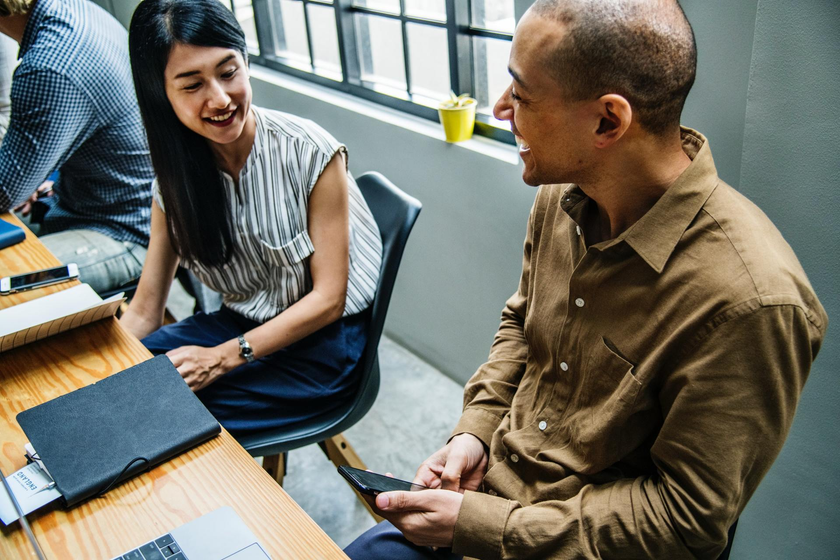By The Recruitist
•
September 13, 2021
COVID-19 pandemic spread at the end of 2019 worldwide, threatening the health of countless worldwide. It is a disease with pneumonia-like symptoms and of unknown etiology. COVID-19 has affected more than 6 million people worldwide. This condition is stressful for all age groups and has changed people’s lives socially and economically. The COVID-19 pandemic has been fearful and stressful due to the high mortality rate and factors like economic instability, unemployment, and insecurity. The main reason for COVID-19 pandemic stress is that it has spread globally, and no exact treatment or vaccination with 100% efficacy for all variants is available. So it is normal for people to experience a wide range of thoughts and feelings during this unpredictable situation. Stress can cause feelings of fear, sadness, worry, difficulty in sleeping, frustration, and loss of concentration and decision-making. The level of stress can be episodic, acute, or chronic. Persistent stress can lead to chronic stress, which causes a variety of diseases like stroke and heart problems. Stress makes us lazy, demotivated, and loss of interest in things. People are facing stress, fear, anxiety and depression. Actions such as social distancing and lockdown are necessary to reduce the chances of becoming infected, but this can make people lonely, stressed, and increase anxiety. Stress causes physical reactions like headaches, trouble sleeping, pain, irregular bowel movements, loss of appetite, nausea, flushed skin, and fever. The most significant impact of stress on humans is worsening mental health, which could lead to drug use and increase alcohol intake. As the variants of coronavirus continue to spread, anxieties about COVID-19 also increase. The best way is to avoid stress is to keep your mind fresh by following these steps: Getting plenty of sleep, Morning walks, Inhaling fresh air, Stretching your muscle so you can relax your body, Healthy eating, Get preventive measures as recommended by your healthcare professionals. During the COVID-19 pandemic, technology has dramatically evolved. New video apps along with gaming systems are being introduced. These apps allow virtual meetups and playdates with friends. These are good to get along with your family and friends, catch up, play board games and watch series and movies. During lockdown periods, it is important to enjoy your “me” time. You can relax at this time as this is your time. It will help you to unwind your skills which have diminished over time. You can do your favorite things such as: Dance, Exercise, Yoga, Eat your favorite snack, Watch your favorite series, Puzzles solving, Play cards and board games. COVID-19 pandemic has a significant impact on students’ learning and practice. Many students have developed psychological problems which are affecting their learning abilities and overall personality. Educational systems of physical classrooms are switched to virtual classrooms. This system can be hectic for students as there are many issues in virtual learning, such as: Internet connection problems Computer availability No hands-on practice Stressing of eyes due to long screen times Health problems All these factors lead to stress as there is no physical coordination in students, and their confidence level is also affected. For the management of anxiety, students should interact with each other through virtual meetings. Students should balance their studies, friends, social activities, and creative learning to cope with stress. If students cannot overcome their anxiety, they should seek professional help to focus on their studies for effective learning. Adults can somewhat control their stress and fears, but children can feel more afraid and anxious about COVID-19. It’s an alarming situation for parents if their child feels stress and anxiety at this early age. So parents must listen to their kids and calm their worries. Parents should educate their kids about the virus with accurate information and guide them through social distancing, wearing a mask, washing, and sanitizing their hands not to catch the virus. Parents can also engage their kids in mindful and creative activities like the following: Coloring Painting DIY Sketching Gardening Fear and stress of being COVID-19 positive can be overwhelming and cause the emotion of being lonely. If you do get a positive reading, you don’t have to isolate yourself from the world entirely. You can cope with this deadly virus by connecting your loved ones using social media, such as WhatsApp. You can video call them and enjoy yourself virtually with your family, this is an excellent way to combat stress and anxiety. Stress can affect your immune system, which increases the likelihood of catching the virus. You can manage your stress by the catharsis of body and mind. You have to sit quietly, close your eyes and free your mind from unnecessary thoughts and focus on your breathing. This practice will refresh your mind and fill you with a new determination for achieving your goals. By learning a creative skill like painting or gardening, you can use your creative ideas to color your surroundings. It will help you to focus and create something new. The best thing to do is to be careful of yourself and others around you, follow recommended guidelines and look after your health, physical and mental. Written by Kainat Fayaz, Medical student at King Edwards Medical University. References: Guessoum, S. B., Lachal, J., Radjack, R., Carretier, E., Minassian, S., Benoit, L., & Moro, M. R. (2020). Adolescent psychiatric disorders during the COVID-19 pandemic and lockdown. Psychiatry research, 291, 113264. https://doi.org/10.1016/j.psychres.2020.113264 Sun, T., Guo, L., Tian, F., Dai, T., Xing, X., Zhao, J., & Li, Q. (2020). Rehabilitation of patients with COVID-19. Expert review of respiratory medicine, 14(12), 1249–1256. https://doi.org/10.1080/17476348.2020.1811687 Shuja, K. H., Aqeel, M., Jaffar, A., & Ahmed, A. (2020). COVID-19 Pandemic and Impending Global Mental Health Implications. Psychiatria Danubina, 32(1), 32–35. https://doi.org/10.24869/psyd.2020.32 Steardo, L., Jr, Steardo, L., & Verkhratsky, A. (2020). Psychiatric face of COVID-19. Translational psychiatry, 10(1), 261. https://doi.org/10.1038/s41398-020-00949-5 Seyed Hosseini, E., Riahi Kashani, N., Nikzad, H., Azadbakht, J., Hassani Bafrani, H., & Haddad Kashani, H. (2020). The novel coronavirus Disease-2019 (COVID-19): Mechanism of action, detection and recent therapeutic strategies. Virology, 551, 1–9. https://doi.org/10.1016/j.virol.2020.08.011 Yesudhas, D., Srivastava, A., & Gromiha, M. M. (2021). COVID-19 outbreak: history, mechanism, transmission, structural studies and therapeutics. Infection, 49(2), 199–213. https://doi.org/10.1007/s15010-020-01516-2 Pollard, C. A., Morran, M. P., & Nestor-Kalinoski, A. L. (2020). The COVID-19 pandemic: a global health crisis. Physiological genomics, 52(11), 549–557. https://doi.org/10.1152/physiolgenomics.00089.2020 Salian, V. S., Wright, J. A., Vedell, P. T., Nair, S., Li, C., Kandimalla, M., Tang, X., Carmona Porquera, E. M., Kalari, K. R., & Kandimalla, K. K. (2021). COVID-19 Transmission, Current Treatment, and Future Therapeutic Strategies. Molecular pharmaceutics, 18(3), 754–771. https://doi.org/10.1021/acs.molpharmaceut.0c00608 Flanagan, E. W., Beyl, R. A., Fearnbach, S. N., Altazan, A. D., Martin, C. K., & Redman, L. M. (2021). The Impact of COVID-19 Stay-At-Home Orders on Health Behaviors in Adults. Obesity (Silver Spring, Md.), 29(2), 438–445. https://doi.org/10.1002/oby.23066 Son, C., Hegde, S., Smith, A., Wang, X., & Sasangohar, F. (2020). Effects of COVID-19 on College Students’ Mental Health in the United States: Interview Survey Study. Journal of medical Internet research, 22(9), e21279. https://doi.org/10.2196/21279 Wosik, J., Fudim, M., Cameron, B., Gellad, Z. F., Cho, A., Phinney, D., Curtis, S., Roman, M., Poon, E. G., Ferranti, J., Katz, J. N., & Tcheng, J. (2020). Telehealth transformation: COVID-19 and the rise of virtual care. Journal of the American Medical Informatics Association: JAMIA, 27(6), 957–962. https://doi.org/10.1093/jamia/ocaa067 Shah, M., Sachdeva, M., & Johnston, H. (2020). Eating disorders in the age of COVID-19. Psychiatry research, 290, 113122. https://doi.org/10.1016/j.psychres.2020.11312










